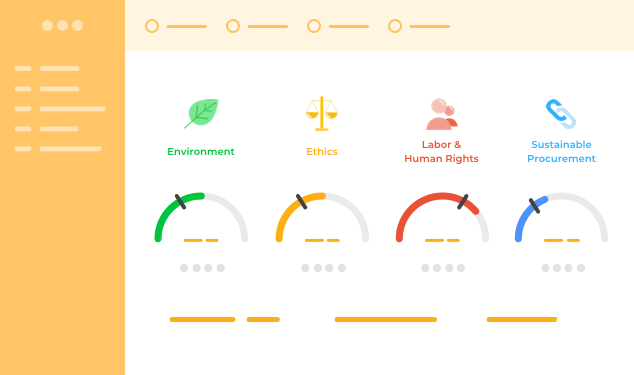
The evolution of sustainability leadership in UK business culture
Leadership is at the heart of genuine corporate sustainability transformation, influencing whether sustainability strategies remain surface-level or form the core of business operations.
In the UK, sustainability leadership is evolving rapidly, with rising expectations from regulators, investors, and the public. The latest decade has seen corporations move beyond sponsored initiatives toward full integration of sustainability into governance, culture, and competitive strategy.
With ESG, climate risk, and social value now driving investment and policy, business leaders must adopt new mindsets that prioritise long-term value over short-term gain. Key to driving transformation is clarity of vision, strong values, and a willingness to challenge traditional approaches for the sake of resilience and stakeholder trust.
UK organisations are investing in leadership development programmes with sustainability at their core, fostering the skills needed to manage complexity, communicate transparently, and lead diverse teams. Recent policy changes, such as the UK Corporate Governance Code's enhanced focus on workforce engagement and stakeholder interests, reinforce the responsibility of leaders to drive meaningful change and create value for people and planet alike.
Embedding sustainability into strategy: Frameworks and core competencies
Embedding sustainability in business strategy requires structured frameworks and skillsets. UK companies are leveraging models such as the Integrated Reporting (IR Framework), the United Nations’ Sustainable Development Goals (SDGs), and the British Standards Institution’s BS 8900 for responsible management.
Success factors include clear accountability for sustainability at board level, strategic alignment with core business goals, and investment in data-driven analysis.
Corporate culture also plays a pivotal role—businesses are nurturing cultures of openness, continuous learning, and employee empowerment. Leadership competency now extends to systems thinking, ethics, stakeholder engagement, and adaptive innovation. Building sustainability into performance reviews, KPIs, and incentive structures cements its place as a strategic imperative, not a philanthropic add-on.
Do you need Corporate Sustainability/ ESG advice?
Get in touch with our team, we are here to help.
.webp?width=389&height=389&name=Charlie%20Trietline%20%20(1).webp)
Case studies: UK leaders driving sustainability transformation
Case studies of UK businesses leading sustainability transformation abound. Unilever, for example, has reshaped its global operating model around sustainability, integrating climate and social impact targets into executive pay and strategy. Meanwhile, smaller firms such as Triodos Bank and our very own clients who we have helped become B Corp-certified are demonstrating how authentic sustainability leadership can yield brand loyalty, investment, and business resilience.
These stories underscore that successful transformation is not about rhetoric but about embedding sustainability into the DNA of the company, led by informed, accountable leaders. By following emerging examples and drawing on sectoral frameworks, UK organisations can chart their own course toward long-term, purpose-driven success. Discover actionable insights via UK Corporate Governance Code and UN SDGs Resource.


